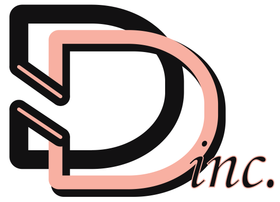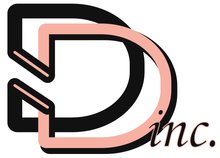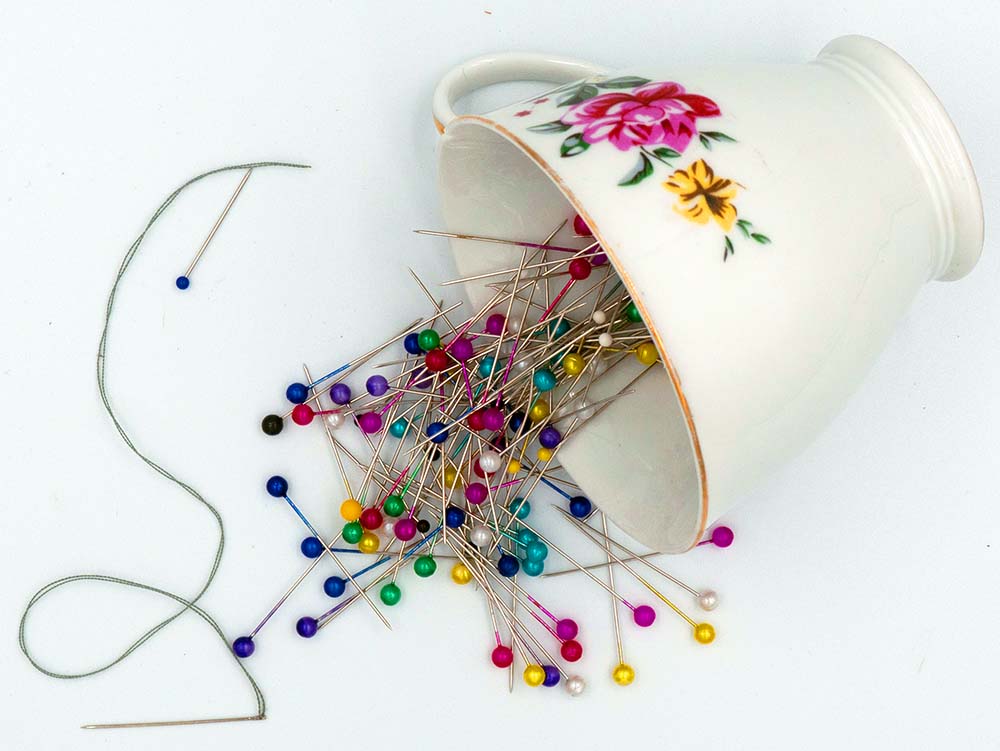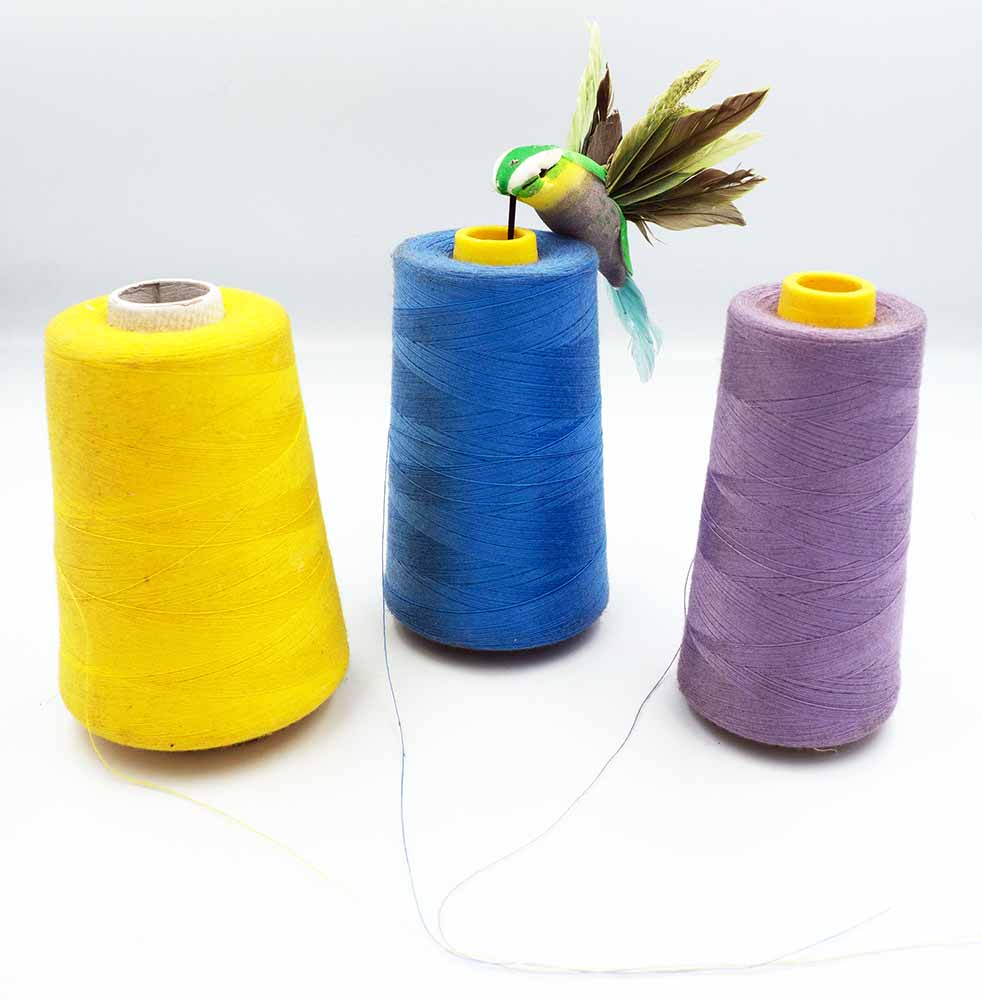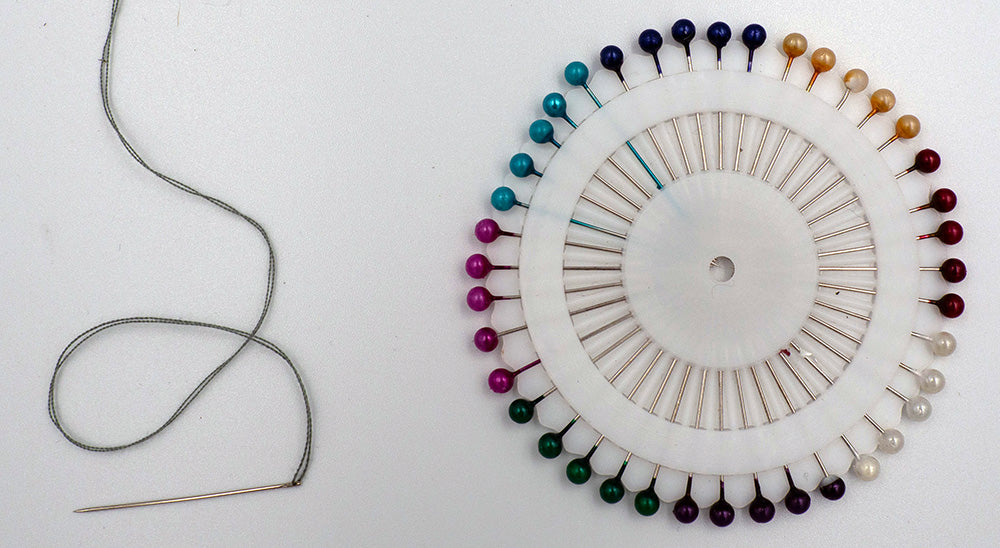Body measurements versus flat pattern spec measurements

Question: Are body measurements & flat pattern spec measurements the same?
Answer: No!
Body measurements are the starting point, while flat pattern measurements represent the final garment size after ease and fit details are added. Use body measurements to figure out what size pattern you want to purchase. Once you have chosen the size, you can reference the flat pattern measurements to determine how much ease & fit will be in the garment after you sew it. We also add the "body size" and the "pattern size" to all our pictures, so you can get a sense of what the garment can look like when worn.
Feature |
Body Measurements |
Flat Pattern Measurements |
| HOW TAKEN | Directly on the body | On the pattern pieces |
| FIT | Close to the skin | Includes ease for comfort and movement |
| SEAM ALLOWANCES | Not included | Not included |
| PURPOSE |
Determining basic size
|
Determining the final garment size |
Here's a breakdown of the key differences between flat pattern measurements and body measurements:
Body Measurements:
- Taken directly on the body: These are measurements of your actual physical form, usually taken with a flexible measuring tape.
- Close to the skin: They represent your "true" size without any extra room for movement or garment design.
- Examples: Bust, waist, hips, inseam.
Flat Pattern Measurements:
- Taken on the pattern pieces: These measurements are taken directly from the paper pattern pieces that will be used to cut the fabric.
- Include "ease": Ease is the extra room added to a garment for comfort, movement, and the desired fit (e.g., tight, loose, fitted).
- Does NOT include seam allowances: All flat pattern measurements provided are finished measurements, no seam allowance. But note that the pattern you purchase will have seam allowance included, we just do the math and remove it from our Flat Pattern Measurements for you!
- Examples: Finished bust circumference, center back sleeve length, inseam, hood height, etc.
